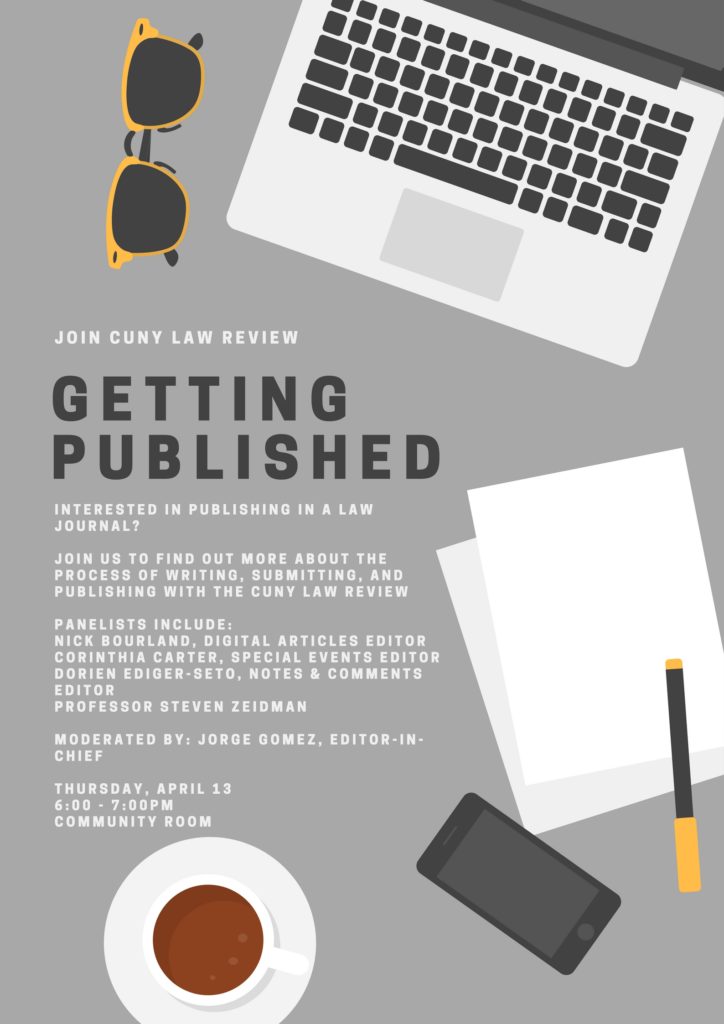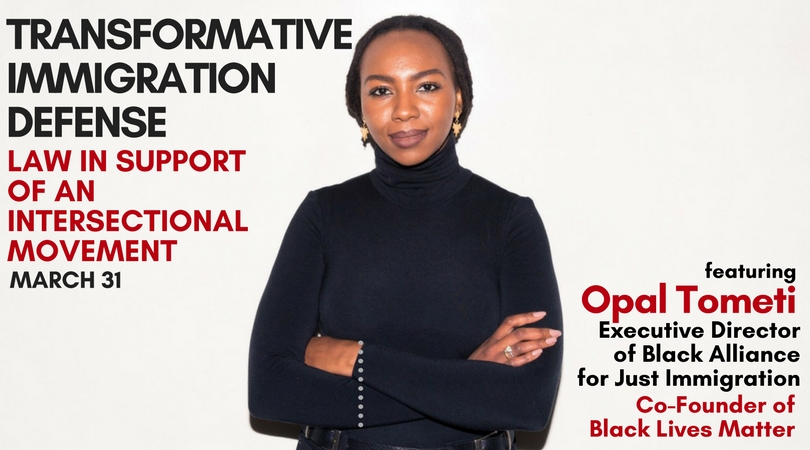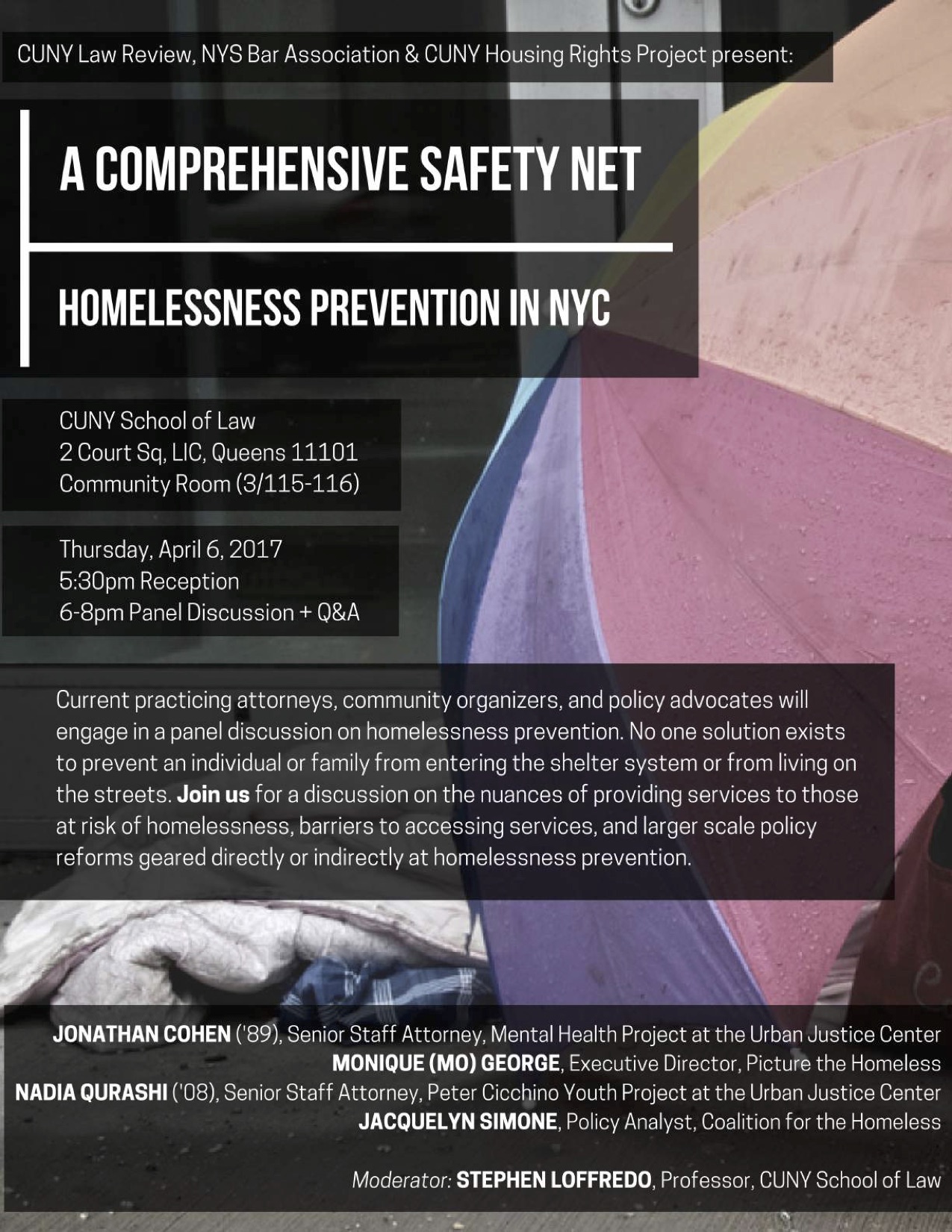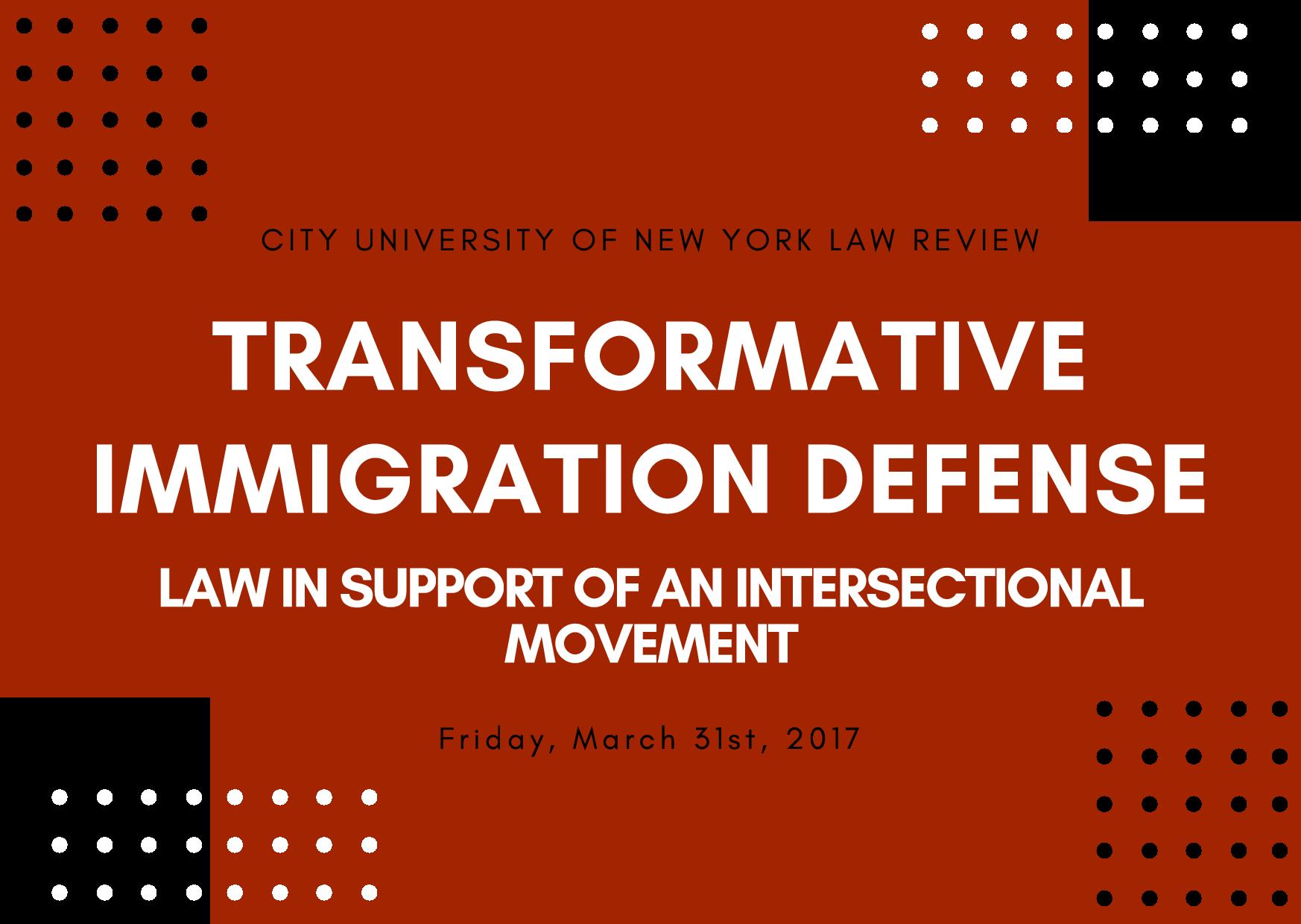Lelia A. James*
Click here for a recommended citation and to download a paginated PDF version of this article.
Introduction
There is a need for police reform here in the United States. The violent policing of Black men, women, queer, trans, disabled, undocumented, etc. is an example of how Black lives are continuously disvalued. The hashtag #BlackLivesMatter gained mass public awareness after the police killed the unarmed Black men, Michael Brown in Ferguson, MI,[1] Freddie Gray in Baltimore, MD,[2] and Eric Garner in Staten Island, NY.[3] Black Americans are more than twice as likely as white Americans to be killed by police officers.[4] The #BlackLivesMatter chapter-based organization is creating a movement that aims to put an end to disvaluing Black lives. They have a ten-point plan called “Campaign Zero.”[5] Campaign Zero is a police reform campaign that recommends policies and proposals different state legislatures should consider and enact.[6] One of the tools listed to help end violent policing is the use of body cameras on police officers while they are on duty.[7]





